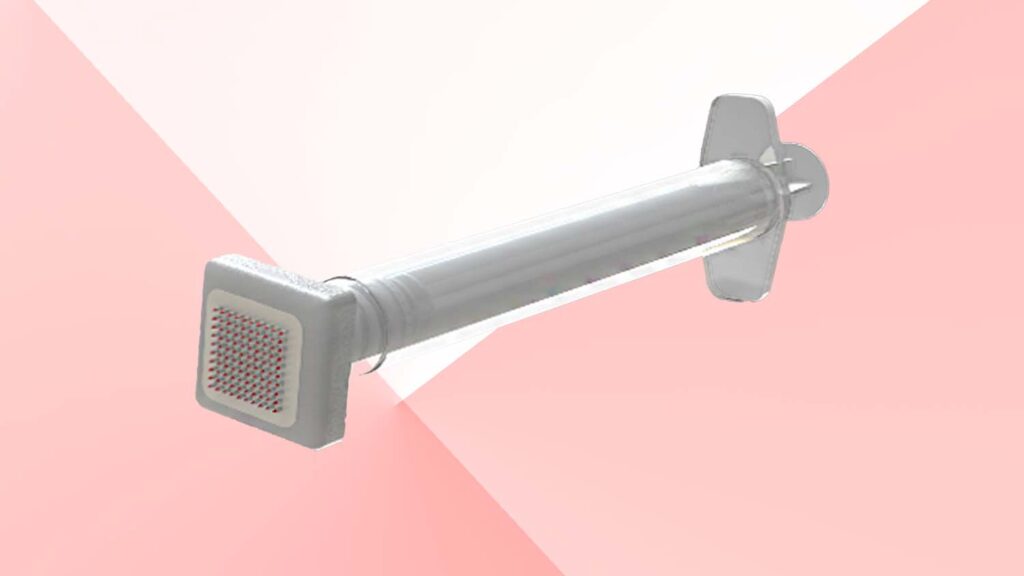A low-dose, low cost, hybrid microneedle array designed by collaborators led by Carnegie Mellon University hopes to address Covid-19 vaccine shortages – potentially requiring just 1/100th of the dose of a traditional vaccine.
The microneedle is a new, intradermal delivery device that builds on more than a decade of work on microneedle array technology by Burak Ozdoganlar, professor of mechanical engineering and the project’s principal investigator.
The method is discussed as being pain-free and also has the potential for self administration, helping to speed up the roll-out of Covid-10 vaccine coverage.
In addition to Carnegie Mellon, collaborators include the University of Pittsburgh Center for Vaccine Research and industrial partners Boston Micro Fabrication, Premier Automation and Tiba Biotech.
Part of the project centres around optimising and automating the production process for the hybrid microneedles, which requires 3D printing using Boston Micro Fabrication, coupled with robotic automation.
“We are thrilled to collaborate with Professor Ozdoganlar and Carnegie Mellon on such an important and impactful project,” said Boston Micro Fabrication CEO John Kawola.
“Our micro-precision 3D printing technology allows for the rapid and precise fabrication of micro needle arrays, resulting in time and cost savings that far exceed traditional manufacturing methods.”
“Our team brings a proven track record of multidisciplinary expertise and experience in immunology, vaccine design, development and delivery, 3D printing, and industrial robotic-automation,” said Ozdoganlar, who is also the associate director of Carnegie Mellon’s Engineering Research Accelerator.
This hybrid microneedle approach to tackling the Covid-19 pandemic has earned the multidisciplinary team a $643,359 grant from the Commonwealth of Pennsylvania.






